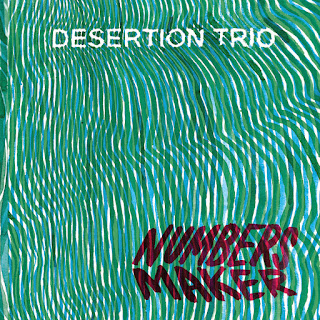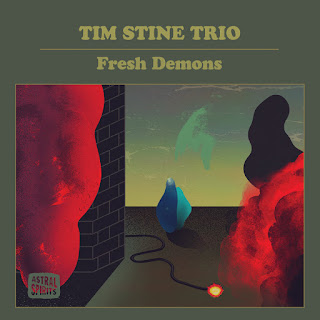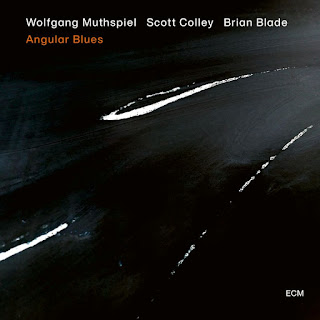Desertion Trio – Number Maker (Cuneiform, 2021) ****
Tim Stine Trio – Fresh Demons (Astral Spirits, 2020) ****
Jakob Bro – Uma Elmo (ECM, 2021) ****
Danish guitarist traffics in the sublime. Back in 2015, reviewing his album Gefion, I wrote that it “begins like rowboat trip across a shimmering clear lake of sound.” 2021’s Uma Elmo begins like the parting of morning mists over that same lake. Arve Henriksen’s piccolo trumpet and Bro’s arpeggios work together, parting the moist atmospheric wisps. However, there is later a mounting tension, accentuated by Jorge Rossy’s gentle but insistent drumming and the increasingly distorted guitar. The beauty of the song is revealed through this juxtaposition of feelings.
The songs on Uma Elmo (which is apparently named after Bro’s two young children’s middle names) are pulled from different points of his musical life. Some compositions, like ‘Beautiful Day’ which was composed in 1998 or ‘Sound Flower’, which is similar old, stand up just as strongly as the melancholic and newly composed ‘Morning Song’, a testament to good compositions as well as Bro’s choice of bandmates to help interpret his ideas. A lovely, evocative album.






